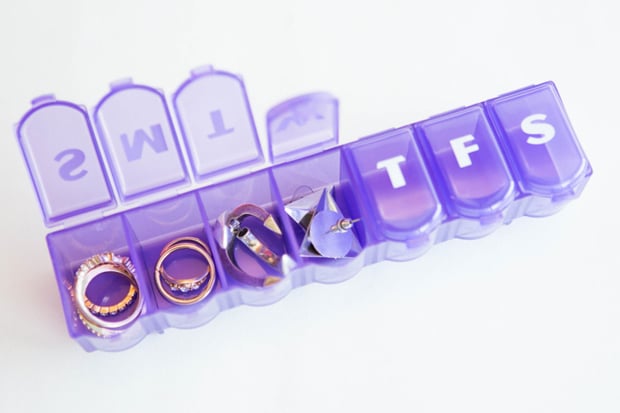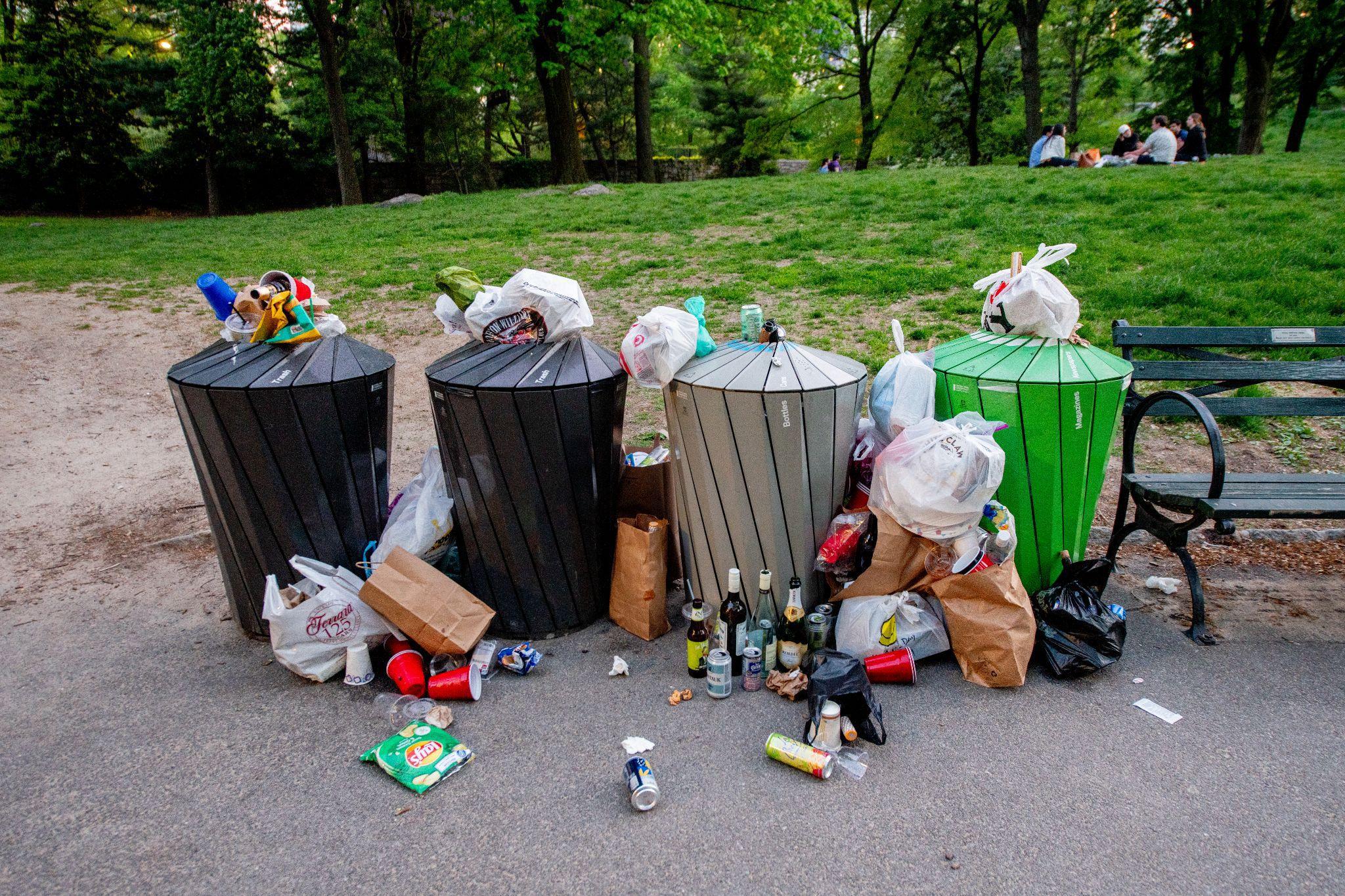You may not think very much about what you toss into your trash can, but there are certain items that shouldn’t be thrown out. Believe it or not, if you are caught throwing away any of these banned items, you could be facing fines or eleven jail time. There is a list of five items that cannot be disposed of because they are harmful to the environment. Special instructions need to be followed to discard these items to avoid facing a penalty.
Trash collectors refuse to accept electronics because tech consists of toxic chemicals that could potentially leak into the ground, resulting in pollution to the Earth’s valuable water sources. Several states have instituted laws that make it illegal to throw away e-waste such as smartphones, televisions, and batteries. California was the first state to put this law into effect in 2003 and 27 states are now abiding by the same restrictions. When it comes to throwing things in the trash, these five items should be completely off-limits.
A House Built 9,000 ft Above the Ground Leaves Authorities With Many Questions and Concerns
<iframe width=”100%” height=”100%” frameborder=”0″ allowfullscreen=”true” src=”https://www.youtube.com/embed/MOvZtLQoA3U?rel=0″></iframe>
Batteries are a commonly used item in most households. As of 2014, more than 2.9 billion batteries were used in the U.S. each year. That amount of chemicals could wreak real havoc on the ecosystem, which is exactly why batteries should not be thrown out. Putting lithium batteries in the trash could release toxic chemicals into the Earth. Not only could these hazardous toxins contaminate drinking water, but they could also catch on fire or even explode. If you’re looking for a way to dispose of your used batteries, they can be brought to battery recycling receptacles that can often be found in select retail stores. There are also hazardous waste collectors that can come to your home to take any unwanted items off your hands. Many states, such as New York, have deemed discarding batteries of any kind illegal. The punishment for tossing batteries increases with each offense. It is $50 for the first offense, $100 for the second offense, and $200 for a third violation.
TVs and computers are also not supposed to be thrown away due to the hazardous materials they contain. Plastics, circuits, glass, and metals are very dangerous to the environment. TVs and computers that are outdated or no longer in working condition can be taken to a recycling facility. However, if you get caught tossing either of these items be prepared to get served with a minimum fine of at least $100 in most states. Smartphones and tablets are also on the “do not throw away” list. Much like the previously listed items, these devices contain toxic substances that could contaminate soil and water. On top of that, smartphones and tablets are considered flammable, which can result in fires that emit toxic fumes into the atmosphere.
Microwaves also pose a significant risk to the environment, meaning that they shouldn’t be thrown away in your household garbage can. These household items are full of metals and “electromechanical components” that make them extremely dangerous to the ecosystem. Those who toss their old microwaves in the trash are subject to a fine of at least $100. Finally, improperly disposing of motor oil can result in large fines or even criminal charges. The chemicals in motor oil are poisonous to wildlife and plants. If everyone threw away their unused motor oil, the harm caused to the environment would be catastrophic. Thankfully, there are more efficient ways to get rid of motor oil such as bringing it to a local gas station, car repair shop, or dealership. Federal law states that if a person knowingly disposes of hazardous waste they could face a prison sentence of two or more years and a hefty $50,000 fine.











































